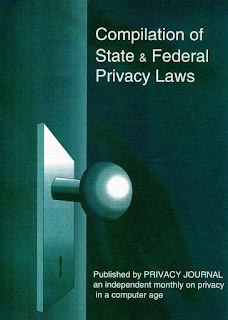 The collection includes clothing, equipment, weapons, insignia and other memorabilia that serve as tangible testimony to the Agency's history. Many of the objects the Museum holds were designed, manufactured and used specifically for intelligence operations.
The collection includes clothing, equipment, weapons, insignia and other memorabilia that serve as tangible testimony to the Agency's history. Many of the objects the Museum holds were designed, manufactured and used specifically for intelligence operations.CIA used the “Belly Buster” drill during the late 1950s and early 1960s to drill holes into masonry for implanting audio devices. After assembly, the base of the drill was held firmly against the stomach while the handle was cranked manually. This kit came with several drill bits and accessories.
52.5 cm x 22.5 cm x 5 cm
(L x W x H)
All artifacts displayed in the museum's exhibits have been declassified by the appropriate Agency officials. Please note that because the Museum is located on the CIA compound, it is not open to the public for tours. Take the on-line tour.









